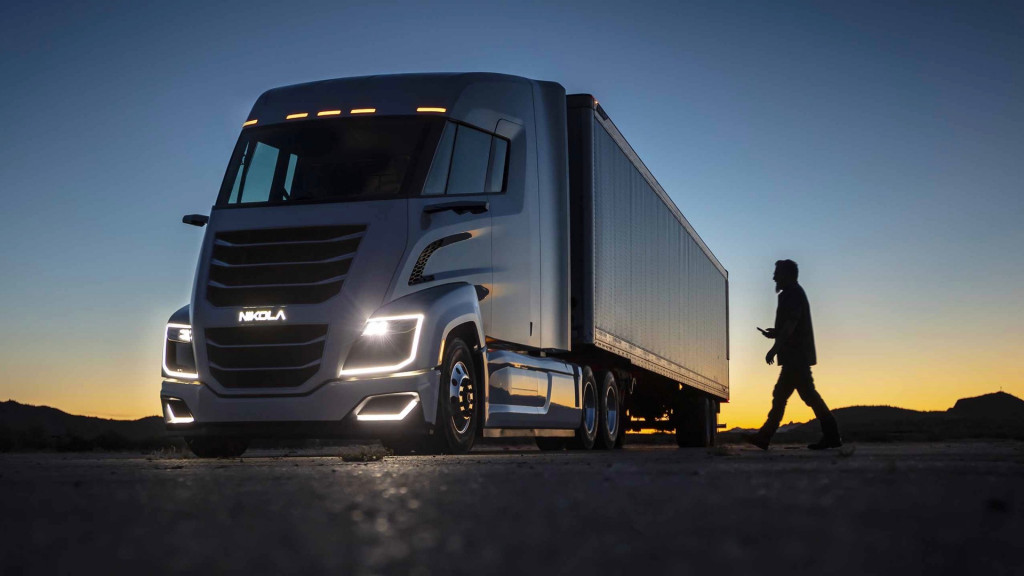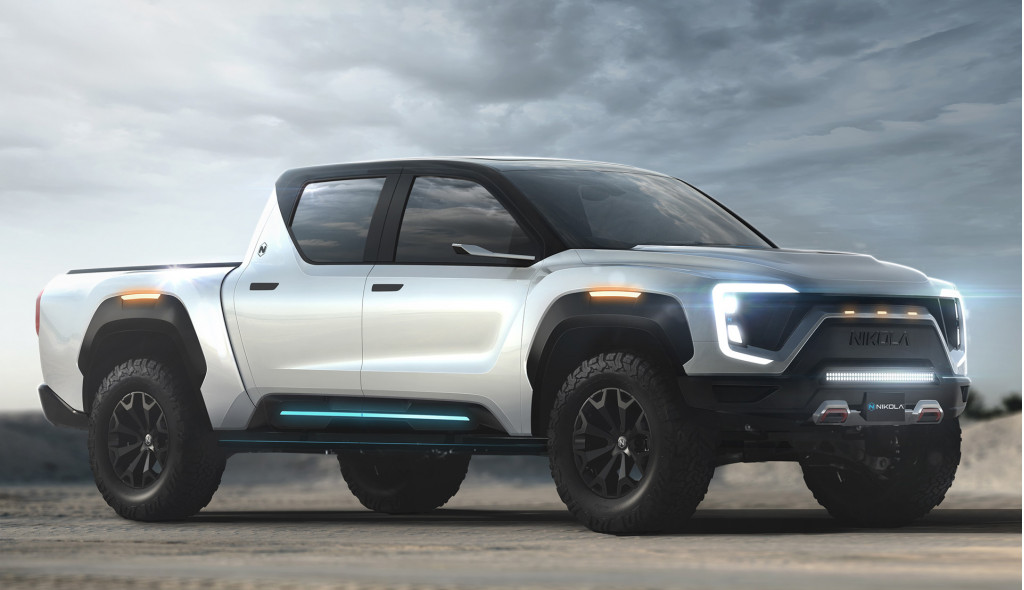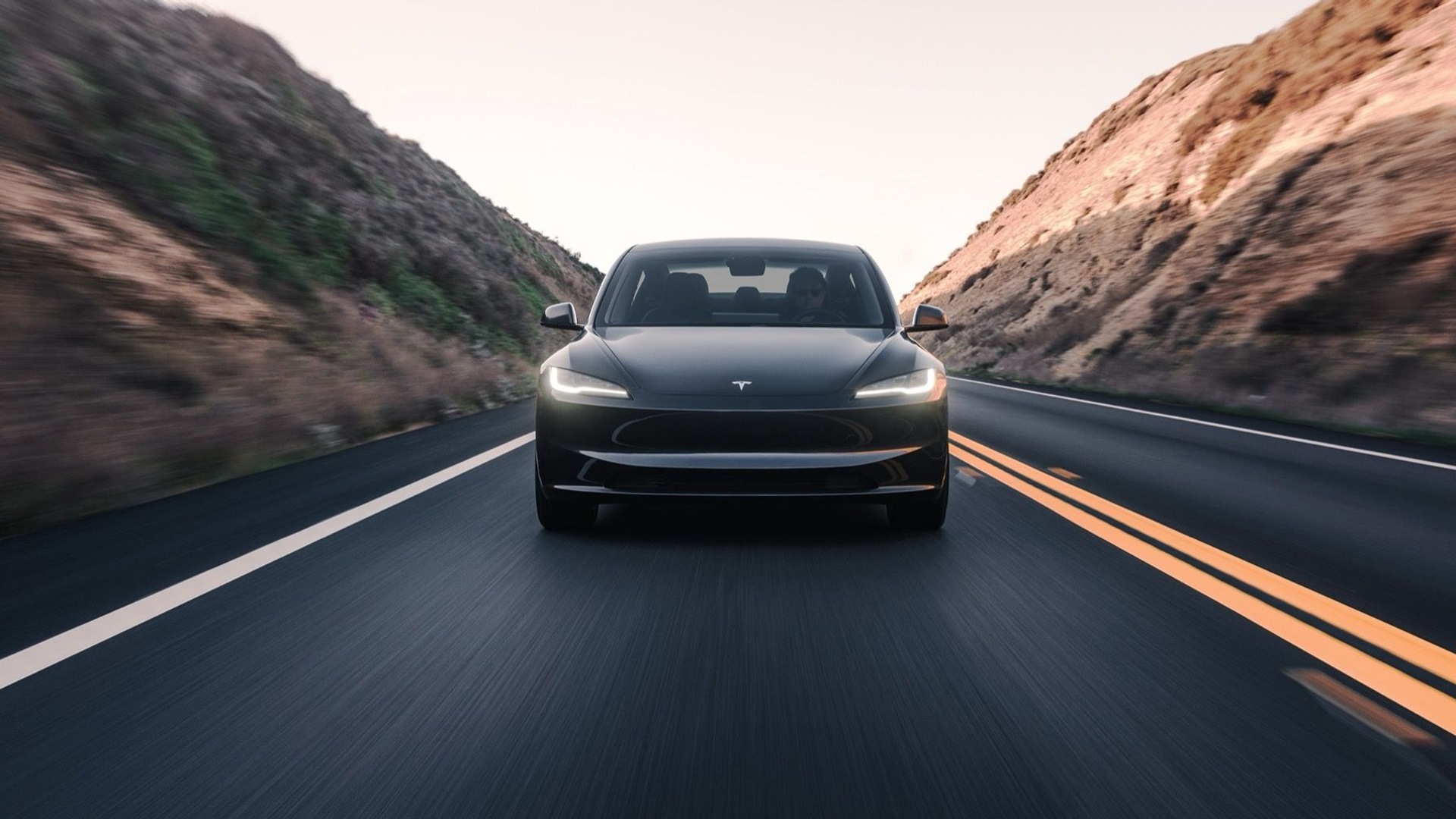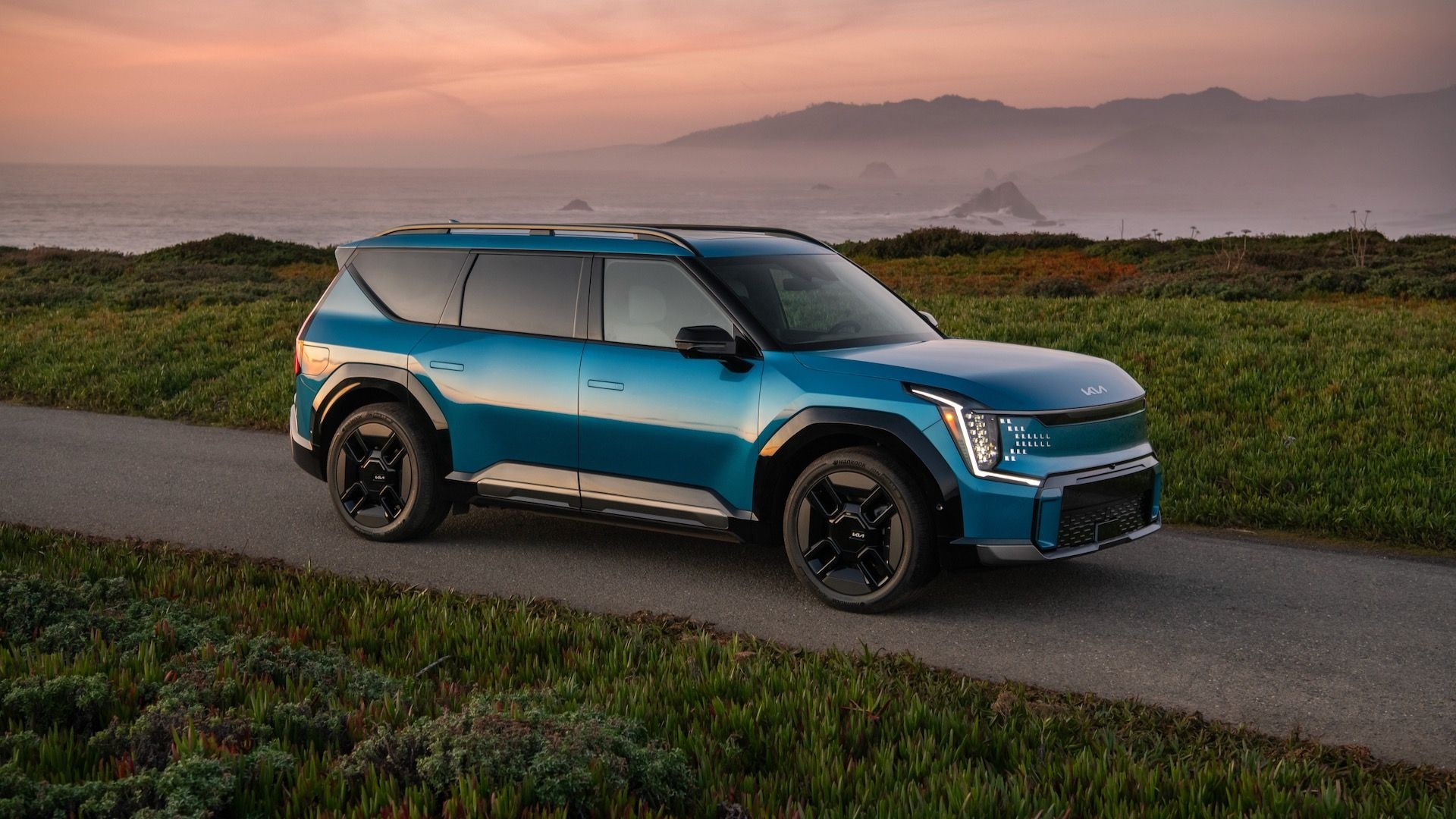Nikola expects the Inflation Reduction Act (IRA) to provide a big boost to its efforts to establish a hydrogen network for its fuel-cell trucks.
The company late last week said it would build 60 hydrogen fueling stations by 2026, thanks to lower costs enabled by the IRA's incentives, as well as state-level incentives.
Some work is already underway, the company noted. According to a press release, Nikola has purchased a land parcel in Buckeye County, Arizona, for a "hydrogen production hub" of the kind that's proven controversial among environmental groups. Nikola also has a 20% stake in Wabash Valley Resources (WVR), a hydrogen producer Nikola intends to use to supply vehicles operating in the Midwest. The company also announced three California hydrogen station locations in August.

Nikola Two
The financial picture for these operations is starting to look better thanks to the IRA, Nikola emphasized. The company pointed to several tax credits in the legislation, including a Clean Hydrogen Production Tax Credit that pays $3.00 per kilogram of hydrogen produced, an extended Carbon Sequestration Credit it expects WVR to take advantage of, and extensions of the Investment Tax Credits for renewable energy and hydrogen manufacturing.
Nikola also anticipates cost savings through the IRA's Alternative Fuel Refueling Property Credit, which the company says offers up to $100,000 for each piece of hydrogen dispensing equipment. California's Low Carbon Fuel Standard also includes credits for dispensed hydrogen, making it more cost-competitive with diesel. Oregon has enacted a similar program, with Washington state set to launch one in 2024, Nikola noted.
Other incentives apply to vehicle manufacturing and sales. Nikola believes its Coolidge, Arizona, factory will qualify for grant funding under the $10 billion Advanced Energy Project Credit program, plus $10 per kilowatt-hour for producing battery modules (for both fuel-cell and battery-electric trucks) under the Advanced Manufacturing Production Credit. Truck buyers could get a Commercial Clean Vehicle Credit of up to $40,000, according to Nikola.

Nikola Badger
The announcement comes shortly after Nikola founder Trevor Milton was found guilty of three of four counts of securities fraud. Milton, who resigned from the company in 2020, was charged after complaints of misleading investors with what always seemed like a far-fetched business plan encompassing not only commercial trucks, but also a pickup called the Badger.
Nikola looked at fuel cells and establishing hydrogen infrastructure as two of its strengths, but it didn't demonstrate either initially. Yet it was able to negotiate a potential deal with General Motors to build the Badger and supply fuel-cell tech. That deal quickly fell apart, and Nikola shifted to a "base plan," scrapping the Badger and turning to Bosch rather than GM in the end for fuel-cell components. Recently it was revealed that the Badger fuel-cell pickup would have relied almost entirely on GM components.












